Energy-bereft world in darkness
Sanctions against Russian energy, high cost fuel, heat waves and droughts all at once have raised the price of daily energy use to unprecedented levels and plunged large parts of the world into darkness.
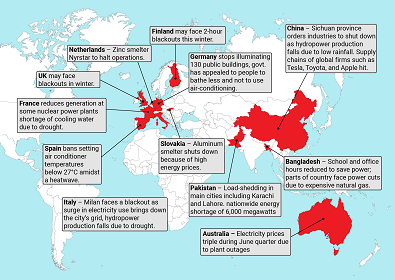 Courtesy: Getty Images
Courtesy: Getty Images
Sanctions against Russian energy, high cost fuel, heat waves and droughts all at once have raised the price of daily energy use to unprecedented levels and plunged large parts of the world into darkness.
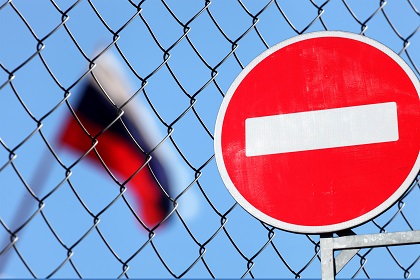 Courtesy: Shutterstock
Courtesy: Shutterstock
A shift is taking place in the business of global dominance and hegemony, from the model of expressing force through troop presence to financial sanctions. But China and Russia, in concert, may provide a way out of the sanctions regime.
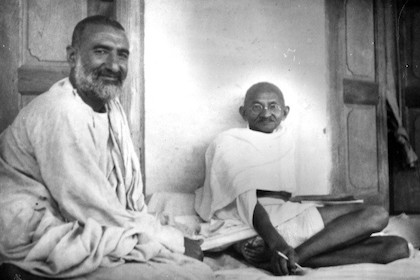 Courtesy: LSE Blogs
Courtesy: LSE Blogs
This Gandhi Jayanti we talk about Gandhi’s greatest follower - Khan Saheb Abdul Ghaffar Khan, popularly called Badshah Khan or Frontier Gandhi. His inclusive and humanistic interpretation of Islamic Jihad is important, especially in the context of the ongoing crisis in Afghanistan.
 Courtesy: Twitter | @narendramodi
Courtesy: Twitter | @narendramodi
On September 24, the Quad leaders will attend the first in-person summit of the grouping in Washington DC. There is much to discuss for the four leaders, given recent developments: the Taliban takeover of Afghanistan, the Australia-UK-US (AUKUS) security partnership and the EU's new Indo-Pacific strategy. The Quad also needs to focus on long term goals like institutionalising itself and devising a strategy to counter the China challenge.
 Courtesy: Shutterstock
Courtesy: Shutterstock
The UN turned 75 this year but instead of grand celebrations, the world witnessed an empty UNGA with world leaders addressing it via video screening because of the pandemic. The UN is under unprecedented stress and being shown up for its inability to tackle the challenges of today like the pandemics, climate change, terrorism or global peace and security. The institution's key governing structures, especially the UN Security Council, are inadequate and demand reform. India must now use gritty resolve to ensure its place in these governing structures.
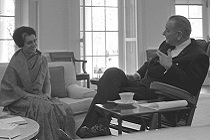 Courtesy: Jerchel/WikimediaCommons
Courtesy: Jerchel/WikimediaCommons
India often finds itself in the right place at the wrong time or vice versa, as our dogma of non-alignment trumps honest calculations of self-interest in policy-making – rendering it unfavourable. The national interest, hence, calls for selective alignment on some issues with Washington and on others with Beijing
 Courtesy: Gateway House
Courtesy: Gateway House
Gateway House prepared a Global Stability Map, using 20 differing indicators, to analyze the stability of 60 countries around the world. Using criteria that are important to the emerging economies of the world, the map provides an Indian perspective of the world today.
 Courtesy: Open Democracy
Courtesy: Open Democracy
The NATO withdrawal from Afghanistan in 2014 should be done tactically so that it doesn't destabilize Pakistan. Despite having accepted Pakistani help in the past, the Taliban might empathize with Pakistani Pashtuns and spread the very secessionist tendencies which Pakistan’s Afghan policy was designed to prevent.
 Courtesy: nazeah/Wikimediacommons - Ramesh Lalwani/Flickr
Courtesy: nazeah/Wikimediacommons - Ramesh Lalwani/Flickr
The year 2011 saw various events - the Arab Spring, anti- corruption protests, Europe's sovereign debt crisis - transform countries and reshape the world order. Gateway House takes a look at what these events mean for India, and presents India's top foreign policy cheers and jeers for the year.
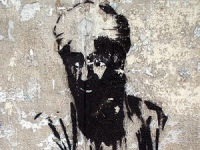 Courtesy: openDemocracy/Flickr
Courtesy: openDemocracy/Flickr
The circumstances involved in the execution of Osama bin Laden make clear the connections between the Pakistan military and the Taliban-Al Qaeda. Will it finally slow the U.S. descent down the Wahabi-friendly trail?